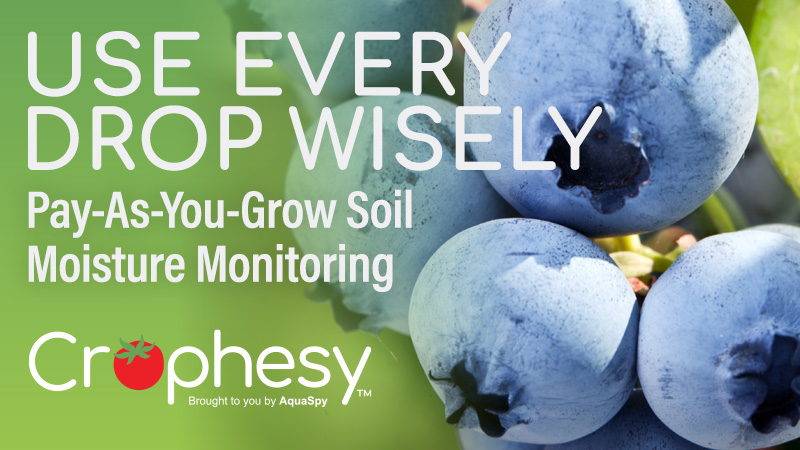River Growers Focused On Food Safety
The Indian River region has been on the forefront of establishing food safety good agricultural practices. Do you have an update on the progress of this and how you’ve engaged the industry in advance of new food safety laws?
A: For the past 18 months, a large group of Indian River Citrus League (IRCL) members have worked closely with the Florida Citrus Packers to develop a Food Safety Good Agricultural Practices (GAPs) working paper for the fresh sector of the Florida citrus industry. This effort was driven by the announcement of preventative controls that are to be mandated by FDA’s Food Safety Modernization Act. California is addressing the same issue and is undergoing a similar process. The League and the Packers will distribute the working paper draft GAPs document to the industry and FDA. At presstime, League and Packers will have posted the current working paper on the League’s website (www.ircitrusleague.org). This working paper along with the 10-year-old BMPs manual are creditable examples of the industry’s proactive response to critical issues.
International trade is critically important to Indian River’s fresh packers. How does IRCL work with growers to help promote trade?
A: Currently, 80% of the cartons packed in the Indian River Citrus District are exported to 24 countries around the world. The League works closely with the Florida Department of Citrus to ensure that the important markets receive the appropriate support. We also work closely with USDA and UF/IFAS to coordinate critical research to reduce non-tariff trade barriers around the world. Since 2004, the League has been successful in obtaining $2.4 million in USDA/Technical Assistance for Specialty Crops grants to support the research at USDA and UF/IFAS labs in assisting in reducing non-tariff trade barriers. In other USDA issues, the League was successful in securing a USDA grapefruit juice purchase of $7.3 million this past season. This helps stabilize grapefruit juice prices for all Florida growers.
You’ve been involved with an innovative idea to help growers find new uses for idle lands called water farming. What is water farming and what is the current progress of the program?
A: The League continues its effort to promote water farming in conjunction with a re-connection of the South Florida and St. Johns River Water Management Districts. Both the St. Johns and South Florida Governing Boards continue to support water farming. Currently, a three-year pilot program funded by South Florida Water Management District in St. Lucie County on Evans Properties and Adams Ranch is to demonstrate the benefits of water farming to the region. This pilot program will analyze water quality and a grove’s ability to retain water. This hopefully will lead to a re-connection with a large scale, multicounty water farming program. Water farming gives growers a viable option for their future land management and possibly provides a valuable resource for the future citizens of Florida.
Is there anything else you’d like to share?
A: During the summer months, the League has coordinated meetings with the Secretary of the Department of Environmental Protection Herschel Vinyard to seek relief of overlapping regulations. The Secretary has agreed with our issues and we are currently working to reduce some of the costly, burdensome regulations. We also have worked with our legislative delegation to voice our strong opposition to E-Verify, which would cripple many of Florida’s industries.










